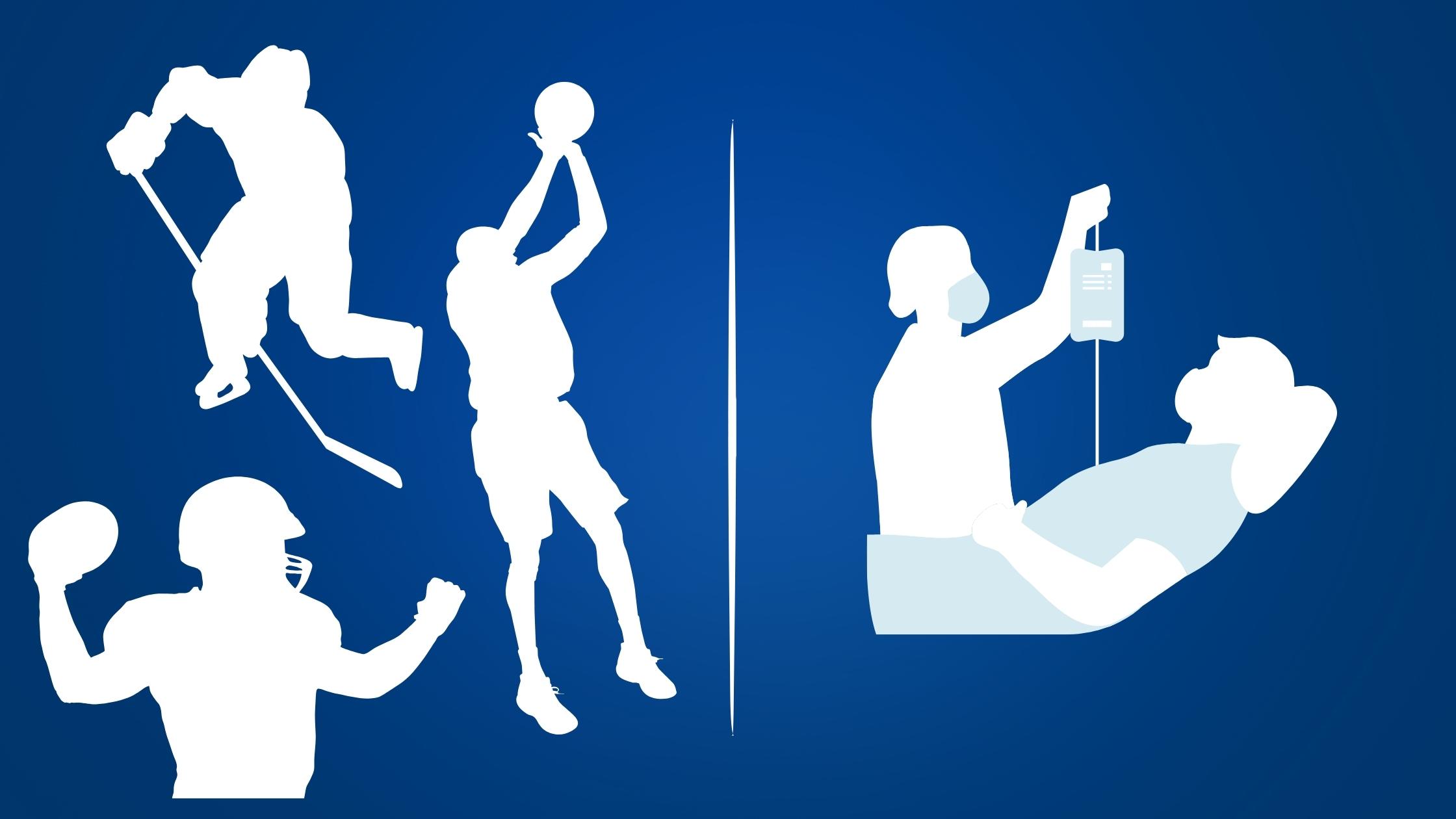If you’ve been following our blog series outlining the ins-and-outs of the new CMS mandates, you might be relieved to learn that this week’s blog contains a note of, dare I say, optimism?
By now, you probably know all about the minimum staffing rule, the lack of funding, and the juxtaposition between post acute care facilities and rising patient acuity cases in hospitals. While all worrisome and anxiety-inducing, there comes a time when one must stop airing their grievances and focus on the solutions.
This blog is highlighting one of them: College developmental programs.
In response to the rising demand for RNs in skilled nursing facilities, college developmental programs are making headway. Universities across the country, such as the University of New England, have launched accelerated 12-month nursing degree programs, cutting the time necessary to earn a bachelor's degree in nursing by 75%. The new programming supersedes the existing 'accelerated' 16-month nursing degree program, ultimately reducing the length of study by an additional 4 months.
The highly intense, accelerated nursing programs are designed with the intention of fulfilling the nationwide staff shortages by reducing the time necessary to become a practicing nurse. It sounds great, right?
But, as we all know, there are two sides to every coin, here’s what we’re thinking:
Pros
- Opportunity to gain significant nursing knowledge and skill at an accelerated pace.
- Accelerated programs garner additional attention because they are shorter in duration and will typically allow students to save money when compared to a 4-year commitment.
- Accelerated programs allow for quick career changes, which is good for individuals who may have already been interested in nursing but perhaps settled for other industries.
- Colleges and universities will be able to turn out practicing nurses at an expedited rate, helping to combat the nationwide nursing shortages.
Cons
- Such a short length of study raises questions of true preparedness and competency in the field of medicine.
- There is a wide range of prerequisite courses and admission criteria necessary to be accepted into the accelerated programs, blurring the academic timeline as far as how long students would actually be studying prior to practicing.
- The rigorous curriculum and rate of programming could result in burnout before students even reach the opportunity to practice professionally.
So there you have it, accelerated college nursing programs: a silver lining amidst the current plight. While not foolproof, they have their perks and penalties like any other, and it’s important to acknowledge the efforts of academic institutions across the country in answering the nursing shortages call. Time will tell whether it is all that it is being hyped up to be, but in the meantime, it is at least one solution to an issue that needs fixing; There’s not much room for complaint when there aren’t many remedies to choose from.
Heard of any other ways SNFs are looking to address the nationwide nursing staff shortages? Comment below, or email us, we’d love to know!
/Prime-Care-Technologies-Logo.png?width=191&height=55&name=Prime-Care-Technologies-Logo.png)

.jpg)
/PCT-Trans.png)

.jpg)